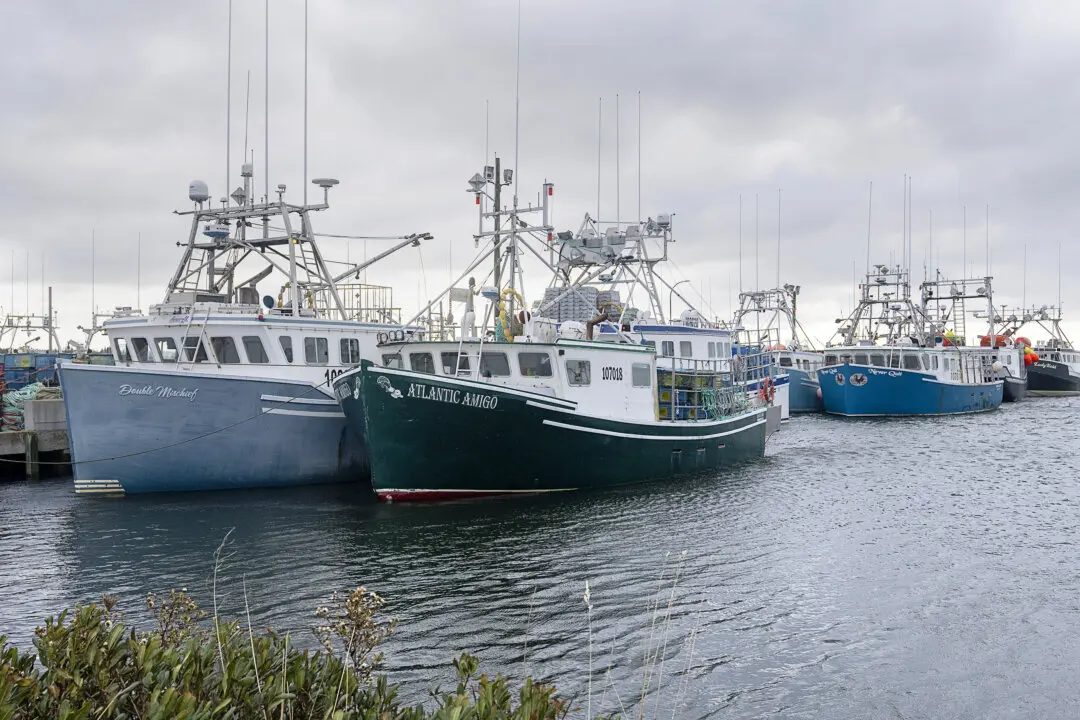Commentary
British Prime Minister Harold Macmillan apparently once told a journalist the hardest thing about politics was “Events, my dear boy, events.” They have a way of happening, and surprising you. But sometimes, as my old music teacher used to say in his rare moments of lucidity, “It’s not the instrument, it’s you.” Sometimes the events are quite predictable and it’s the surprise, confusion, and inability to cope that are surprising.





